Not all is well with the world today. In fact, in many ways we’re headed for disaster on an environmental, social, and geopolitical level which will inevitably cause economic chaos at best and ruin at worst. We’re burning the candle from all sides, and although we’ve known this for some decades we keep barreling down the same highway hoping minor course corrections will help us skate past the steep cliffs. The crux of the problem is we continue to fixate on short-term gains in terms of GDP growth on a national level, profits on a corporate level, and wealth on a personal level. All of this has come at a huge expense. Mother Earth is suffering, government for the people by the people has become a government ruled by special interests, and we’re witnessing record levels of depression, anxiety, stress, alcoholism, drug abuse, obesity, diabetes, heart disease, and the list goes on. Some people might have more money and things, but on the whole humanity is simply not well. The true villain in this story is our own greed and short-sightedness, so that begs the question how do we get off this self-destructive carousel.
Capitalism in its modern form can be traced all the way back to the Renaissance when city-states like Florence and Venice grew to become regional economic powerhouses through the emergence of agrarian capitalism and mercantilism. Over the following centuries capitalism dethroned feudalism and became the predominant economic system worldwide. Besides a few leftovers from the socialist and communist experiments in the last century like Cuba, North Korea, and Venezuela – incidentally, all failed experiments – some variation of capitalism underpins the societal structure of every country.
The principal characteristics of capitalism is that a country’s trade and industry are controlled by private owners for profit and not the state. Central aspects of capitalism are capital accumulation, competitive markets, private property, property rights recognition, voluntary exchange, and wage labor. Inherent in capitalism is the pooling of resources, investment, and the development of financial markets to support trade and industry.
As capitalism took its current form over the last two centuries, it played a key role in a dramatic rise in living standards, wealth creation, distribution of wealth and the birth of personal freedoms and democracies. As a central tenet of capitalism is private ownership, an enduring partnership was formed between capitalism and democracy. There’s no other economic system that has done more for personal freedoms and democracy than capitalism, its transformative role simply cannot be underestimated.
The gold standard of capitalism is free-market capitalism which is based on the economic theory that markets are self-correcting and government should have no or minimal intervention. There’s a fundamental truth to that theory however – like most academic theories – its proven to be incomplete. Capitalism definitely works, but we now know there are drawbacks and aspects of capitalism that are not necessarily yielding humanity the results we desire.
But, before delving into those, we must first understand the notion of economic theory. Any economic theory, framework, or perceived system is by definition just a model of reality. Actual reality is what we see play out in the real world. Economists and scholars can only philosophize these models of reality into being, study and analyze them, and create all sorts of mathematical and analytical models, graphs, and equations that enhance our understanding. They write books, teach classes, and over time we adopt these theories and frameworks as our collective understanding.
The economic theory of free-market capitalism as we know it today is flawed because it’s incomplete in its understanding. Most notably, the economists and scholars largely ignore human nature, social and societal considerations, environmental impact, and the overall health and well-being of humanity. Maybe most poignantly absent is any consideration for our mental or emotional well-being, i.e. what actually makes us happy. This simply isn’t part of the field of study we call economics, as economics is primarily concerned with markets and the flows of goods, services, and money. In this way of thinking, humans are merely resources whether its consumers in the consumer markets or labor in the labor markets. Either way, humans are just an input into the system. The system governs and rules supreme and this system’s primary objective is to grow and expand financially, not necessarily serve humanity.
And, we can clearly witness this in the world today. We are obsessed with GDP growth, quarterly earnings, wealth creation, and economic expansion at almost any cost. And, we quite readily ignore the collateral damage to our health, mental and emotional well-being, societal well-being, and the enormous damage we cause to our planet.
How you might wonder?
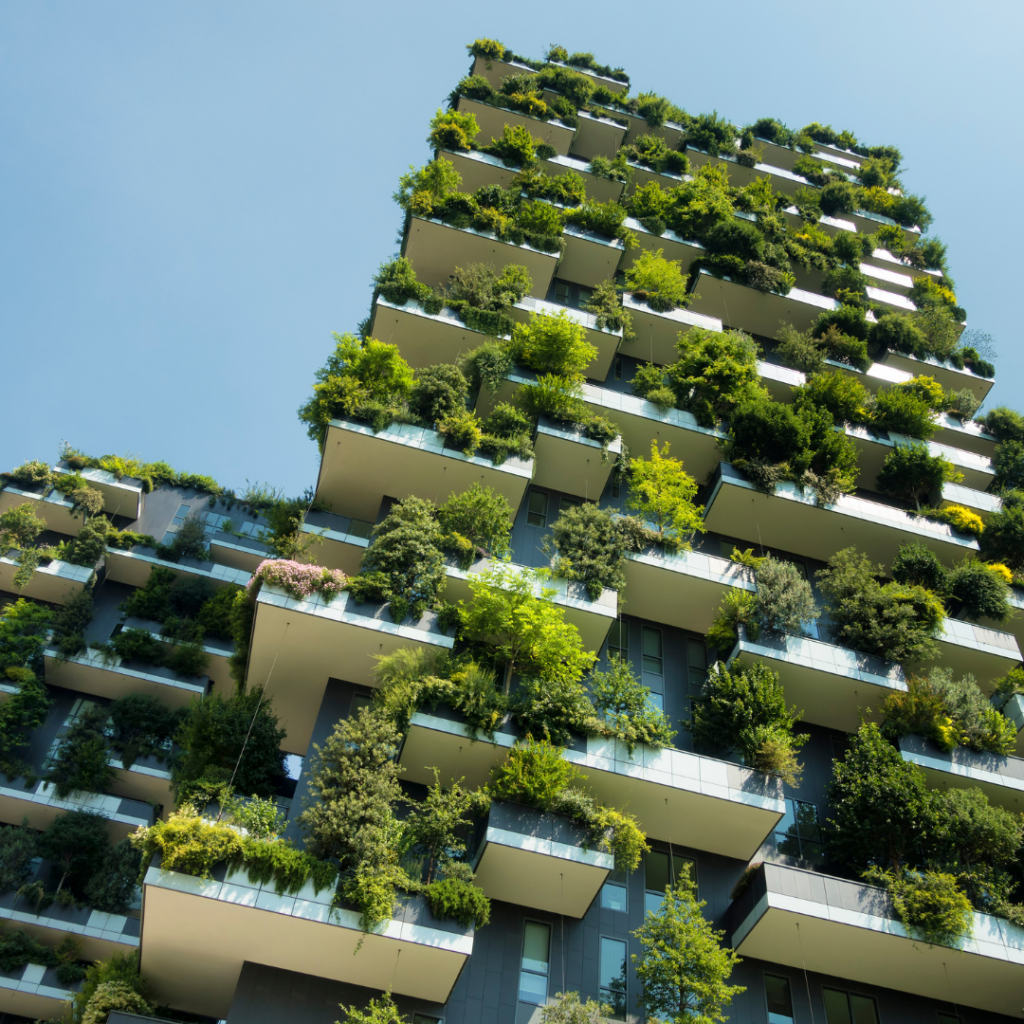
The examples are countless. For starters, as we moved to our current form of industrial-farming, we introduced the abusive use of pesticides, herbicides, and glyphosate which directly undermine our health by ruining our biome. We introduced GMO-modified (i.e. Frankenstein) foods and junk food which are all devoid of nutritional value. Our grocery stores are filled with sugary products and heavily processed foods and the list goes on and on. And, then we are surprised to find that we are experiencing an explosion of obesity, diabetes, cholesterol, high blood pressure, cancer, and heart disease (just to name a few) among the general population which makes us really a society of the sick, weak, and impaired. Healthcare costs are ballooning but our inclination is to solve these problems not by addressing it at the root but to treat the symptoms. And, so America has become the most medicated populous in the history of this planet. We do all of this because it’s simply good for business. Humanity in service to capital.
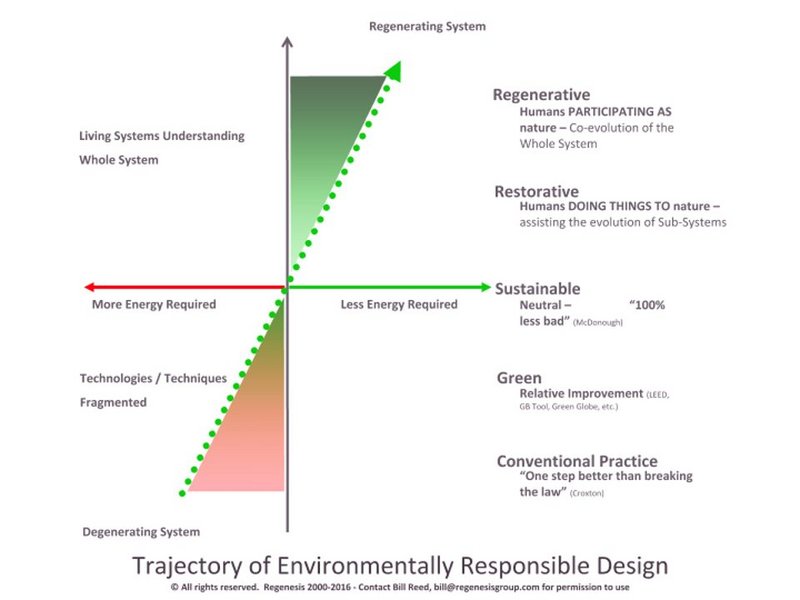
People, as an input into this system, live hurried and stressed-out lives. Stress is highly correlated with ill health whether it’s physical, mental, and emotional. Mental illnesses like anxiety and depression are concerningly high and again we largely just medicate it rather than looking at what the root cause might be. Suicides are already high and growing rapidly. We have an opioid crisis and alcoholism has been on the rise for years, decades even. Domestic violence has been on the rise for years as well and the list goes on. These aren’t the tell-tale signs of a society that’s thriving, rather a society that’s merely coping although arguably drowning would be a better choice of words. But, we live this lifestyle because it’s good for business. Humanity in service to capital.
Capitalism as we know it today is based on a system of exploitation, extraction, and destruction – most notably Mother Earth. In our current cradle-to-grave product life-cycle paradigm, we consume far more natural resources than our planet can naturally regenerate – for developed nations this number is about 5x the resources. Clearly, this alone isn’t sustainable. Far worse, we create an epic amount of pollution both from a CO2 perspective as well as just waste. Plastic – which can take up to 500 years to biodegrade – is filling our landfills and oceans. Oceans are now so littered with plastic micro-particles that virtually all fish caught for human consumption contains plastic. We further undermine the health of our planet by our continued reliance on fossil fuels, the use of chem trails, chemical manipulation of weather patterns, and again the list goes on. We do all these things because its good for business and free-market capitalism doesn’t take these factors into consideration. It’s more of humanity in service to capital and capital has a singular focus: return on capital.
Most wars, violence, inequalities and injustices we witness today within societies, between nations, and even among people are about ideology, land or resources. Capitalism is in large part fueling this because it’s premised on the deeply-rooted economic principal there’s inherent scarcity in this world. Nothing could be further from the truth, but within modern economic theory of free-market capitalism there’s no other way but to conclude this. But, capitalism as we know it is just an economic theory – a level of understanding – so the question then becomes is there a more complete model of reality that would help us address all the above and the many other undesired consequences capitalism has produced without losing all that’s good and desirable.
There is, let’s explore.
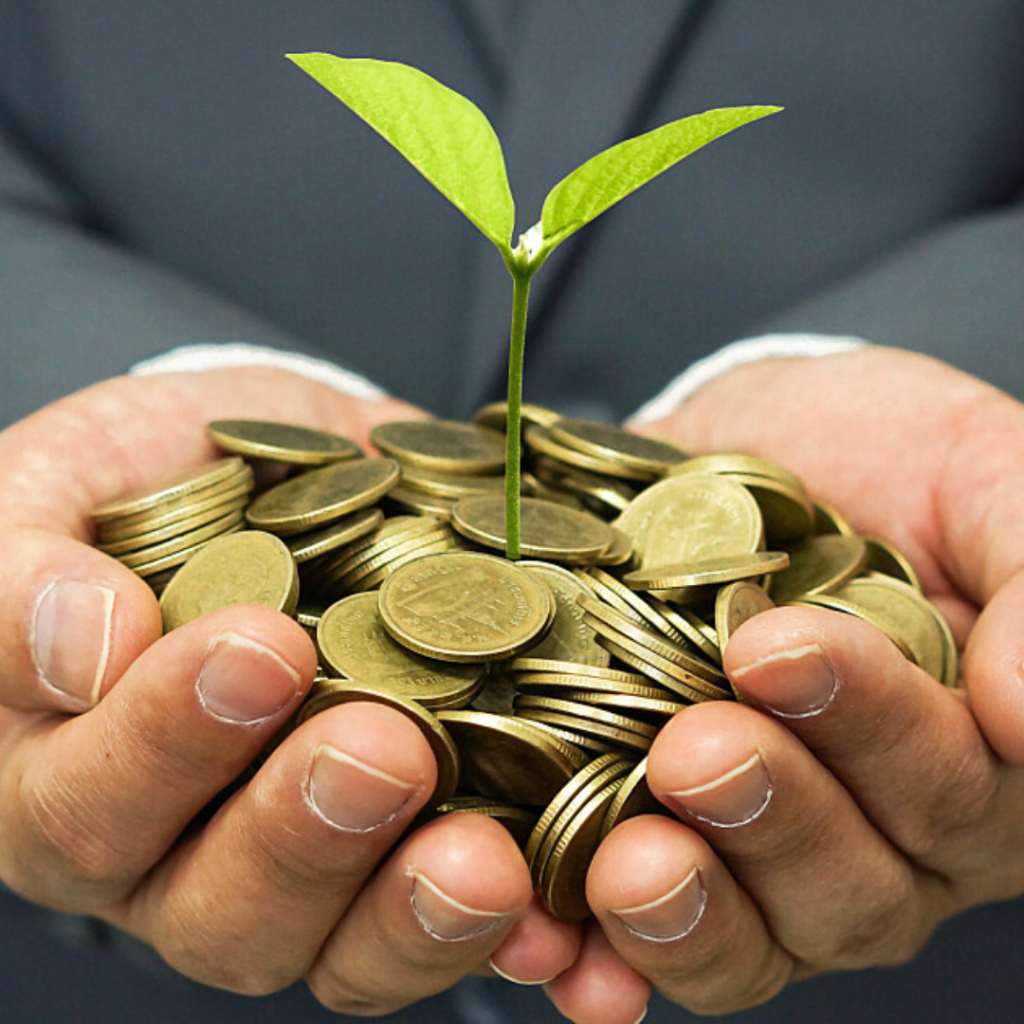
Before we go deeper into what that model looks like, we have to first state our priorities. The ideal is an economic system that’s in service to the greatest health, prosperity, and well-being of all of humanity. This is a fundamental demarcation from the objective of traditional capitalism – we’re inverting the pyramid so to speak although where we’re really going with all of this is seeking balance and harmony. Our goal is to find a more intelligent design of capitalism and to do so we have to let go of the misunderstanding that People are merely a resource or input, our Planet something we can indefinitely exploit with impunity, and Profits are our sole and highest aim.
Note in below graphic illustration of inverting the pyramid, that in free-market capitalism we consider everything “Universal Resources” that are in service to the economy which is in service to capital. We’re not only inverting this pyramid, we’re also reclassifying “universal resources” as “universal assets” and this difference is a monumental paradigm shift in how we think about human, social, and natural capital. Resources are something you use, extract, and frankly exploit. Assets are something you value, safeguard, and nurture. Big difference and the seismic shift in thinking we have to move towards if we truly want to change this world for the better.
Now, let’s get back to the ideal we stated above. What must we accomplish to realize the greatest health, prosperity, and well-being of all of humanity? Well, for sure for People to have health we need to live on a healthy Planet. We cannot exploit, abuse, pollute, rape and pillage Mother Earth at the rate we do and expect her to thrive. And, she’s not thriving – she’s suffering in fact – and we all intuitive know this to be true whether we believe climate change is a hoax or not. But, what about Profits? Yes, we need Profits also or we can’t meet the ideal of prosperity and financial well-being. So, what all of this points at is that we need a form of capitalism that can bring us balance and harmony between People, Planet, and Profits.
Is this even possible? I firmly believe it is, let’s continue.
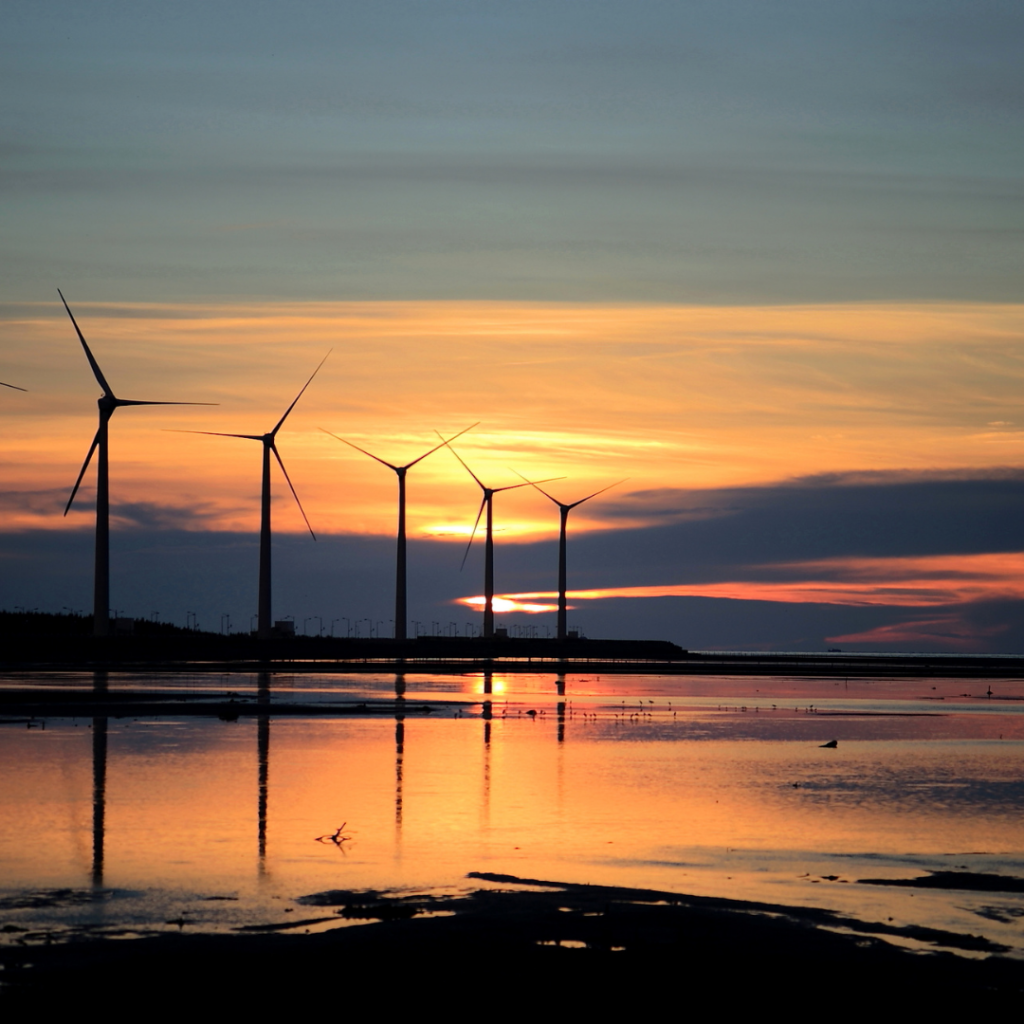
This more intelligent form of capitalism goes by various names like “Conscious Capitalism” but I prefer the term “Regenerative Capitalism.” So, what is it and how does it work?
Regenerative Capitalism is premised on a single core idea – that the processes the universe uses to maintain healthy and sustainable ecological systems in the natural world can be used as a model for economic system design. More accurately, this “biomimicry” as it’s called must be used if we want to embrace business practices that restore and build rather than exploit and destroy.
Inherent within Regenerative Capitalism is the acknowledgment that our current form of capitalism in practice doesn’t behave like a flawlessly self-correcting free market, but rather an imperfect market that gravitates towards domination by the most powerful forces. This is then amplified by the consolidation and ongoing concentration of these forces as they scale up through diversification and globalization. The most powerful forces in capitalism are those that have access to and control the allocation and flows of capital. This coupled with a single focus on “returns on capital” creates powerful incentives to manipulate business practices, markets, information, and even public policy to advance this singular focus of capital to the detriment of all other things like what’s best for People or the Planet.
Regenerative Capitalism is a form of capitalism that states that just as the goods and services we take from each other are not free, the value we extract from nature or the Planet (e.g. water, land, fossil fuels and so on) comes with a cost and the same principle applies to People. This is not just a more comprehensive perspective but exemplifies a deeper understanding of how everything is related, interdependent, connected, and recognizes a core tenet of the laws of nature which states that for any ecosystem or sub-ecosystem to thrive there must be symbiosis between the various organisms.
Actually, to fully “see” the intelligence of Regenerative Capitalism it’s helpful to first gain a baseline understanding of the laws of nature that in fact govern this entire universe. First of all, nature is naturally abundant, it simply doesn’t contain the notion of lack or scarcity as it always gravitates towards balance and harmony which is another core principle. All organisms, creatures, environments (e.g. forests, oceans, or rivers), or natural phenomena like the weather are interdependent, connected, and coexist in a symbiotic relationship. Nature is also premised on regeneration. Everything that “dies” is food for something else. Nothing is ever lost, everything is always regenerated, repurposed, and reused in an infinite loop of life. This is exactly why nature is abundant, as nothing is ever lost. This is also why – when left to its own devices – nature always thrives. Things come and go, what wildfires and storms might damage regrows. Natural ecosystems are dynamic and always evolving, growing, adjusting, and compensating only to gravitate again towards balance and harmony.
One good example of all of this is when the gray wolf went extinct in Yellowstone Park due to human intervention (livestock farmers wanted to eradicate this nuisance). With the removal of this apex predator from the ecosystem, the elk and deer populations no longer had a natural enemy so their herds exploded which caused overgrazing of the natural vegetation. All of this had a cascading effect and eventually the entire food chain and eco system collapsed.
Another core principle of nature is that it thrives on diversity. Healthy ecosystems have hundreds if not thousands of plant and tree species and even more organisms, insects and animals. Looking at modern agriculture we can witness firsthand what happens when we – humans – violate all these laws of nature. Factory farming as it evolved from the 1920s was based on increasing the yield through mechanized tilling of the soil and monocropping. Monocropping kills the diversity nature needs to thrive, so the soils become depleted over time which we compensated by starting to use ever-increasing amounts of industrial fertilizers like glyphosate (i.e. “round-up”), herbicides, and pesticides. We now know the direct relationship between biodiversity, the role of micro-organisms in the soil, and our own biome. When you deplete and poison the soils, the foods these soils produce become devoid of nutritional value which in turn collapses the ecosystem in our own biome.
With the collapse of our own human biome, human health declines, the immune system gets compromised, organs malfunction, fertility rates are affected, the list goes on. Everything is related and interconnected, we’re not independent from nature and so what we’ve seen happen to the agricultural “ecosystem” is now being reflected in our own human ecosystem. That is, a nation that is on average overweight, weak, and sickly. And, ironically, our remedy of choice is what we did to the soils. We treat this ill-health with poisons in the form of synthetic pharmaceuticals that treat the symptoms but don’t address the cause. All the answers for restoring our soils – and thereby our health – are in regenerative farming which is the agricultural cousin of regenerative capitalism. Incidentally, reverting to regenerative farming also addresses climate change as restoring diversity of ground cover is an integral part of this form of biodynamic farming and we can accomplish enormous CO2 recapture simply by restoring the bare soils of factory farming with the productive ground cover of regenerative farming.
Speaking about food supply. By converting to regenerative agriculture and reducing food waste generally we can easily feed the entire world. And, this doesn’t require everyone to go vegan to save the planet either. Live stock is integral to regenerative agriculture and has been demonstrated – at scale – to be able to be carbon neutral, address animal cruelty in meaningful ways, and produce far healthier animal based products since the natural diet of most live stock is grass and forage, not GMO-modified corn, soy, or grains. We do need to consume less animal-based products, but this is for health reasons as humans thrive on a diverse diet whereas our diets have become overly meat dominant.
Now, it’s important to note that there are various other forms of agriculture – like biodynamic farming, pastoral farming, and permaculture just to name a few – that are very similar in nature to regenerative agriculture and so regenerative agriculture is really an umbrella classification of all these sorts of agriculture which are in balance and harmony with nature.
So, let’s now translate all of these laws of nature to Regenerative Capitalism. The first paradigm shift required is to move from a cradle-to-grave to a cradle-to-cradle product life cycle. It’s estimated that up to 70% of the natural resources we consume ends up as industrial waste, meaning the end-product only contains 30% or so of those natural resources. Of the end-products we consume, most are either single or limited use which explains how we – globally – end up with upwards of 2 billion metric tons of waste annually that goes into our landfills, rivers or oceans. A cradle-to-cradle product life cycle paradigm means we design, engineer, manufacture, and use products with regeneration in mind at the outset. This can be through using readily bio-degradable plastics or other materials, or materials that can be repurposed, recycled (upcycled vs downcycled), or reused. Let alone the pollution catastrophe we’re facing, regeneration addresses the false premise we are facing a lack or even imminent depletion of natural resources. This simply isn’t true if we change how we do things. This imminent depletion also isn’t due to overpopulation which is another popular narrative. It’s mainly due to this cradle-to-grave product life cycle and to some extent our addiction to disposable products where reusable alternatives are readily available.
Similarly, we have all the technological know-how and production capacity to make an aggressive shift to renewable energy sources both for power generation and transportation. This is solely a matter of what we make our priority from an investment and policy perspective. And, yes, this entails some industries like fossil fuels to go into decline but those same large enterprises have access to enormous resources (intellectual, human, and financial) they could direct towards becoming powerful players in renewable energy. We see many of these shifts are already taking form, we could stand to rip the proverbial band-aid off though and move much faster.
Among Big Oil, BP is arguably the most progressive forward-thinking major oil company as they have recognized the need to transform and actively do so by large investments in renewable energies. Their “greening companies” initiative signals their ambitions. All of this encouraging, but we’ll need much more of this to move the needle and proof – as always – is in the pudding.
There’s a plethora of other actions we can take that are regenerative in nature, like how we plan urban environments and construct houses and commercial real estate. Most of these are well-known strategies that we have started to deploy, but the true acceleration will come when capital allocation starts shifting wholesale in this direction. Saving the Planet is not nearly as daunting a task as we believe, but it will require changes in what we value and prioritize and the maturity to recognize that there are old paradigms and industries we have to abandon. Just because they are still profitable in our current form of capitalism should not deter us from doing what needs to be done in light of the greater good of humanity which is having a thriving Planet for generations to come.
Some industries will have to radically transform, for instance the fashion and garment industry is a major polluter environmentally and notorious social offender with its ubiquitous sweat shops in impoverished countries. The coal industry, companies producing toxic chemicals, the military-industrial complex, and the entire commercial banking sector will have to be dramatically downsized, transformed, restructured, or in the case of coal even phased out. When it’s no longer just about making money, we need to make the changes necessary to produce the results we desire.
So, what about People? All people around the world are united in one thing, they all want happiness. What that means and looks like will always be different as we each have our own unique dreams, beliefs, and even capabilities. But, there are fundamental principles that allow People to thrive and be happy and arguably most People in the world don’t experience these. Health is one of them, some of that rests on personal responsibility but there are many factors that do not. Access to healthy foods, healthy environments (e.g. chem trails are not healthy), clean air, clean water, non-toxic products, etc. are all beyond the reach of the individual no matter that individuals can do many things to minimize the exposure to all these factors.
Opportunity is another one. Ever-increasing concentration of wealth and assets renders the current system a battle for survival for most. Corporate pay-scales have gone mad, in 1965 the average CEO was paid 20 times more than the typical worker and in 2020 that ratio was 351 times. By no means am I an advocate of socialism or communism as those have been failed experiences and ignore the need for there to be a premise of meritocracy for there to be the impulse for people to strive and perform. But, a total lack of empathy, solidarity, and fairness from leaders in places of power ultimately causes fractures and dividing lines within society which don’t serve anyone. Abuse of power is the hallmark of acting in self-interest which is greed. And, it violates the laws of nature in that there must be balance and harmony for an ecosystem to thrive. There must also be diversity, and when this divide becomes too large and worse generational we create the “have’s” and “have not’s” based on the lucky sperm club principle which is really just a return to a neo-feudal system.
To be happy, People desire freedom, free speech, equality, justice, peace, and respect. We have to recognize that our current form of capitalism – with its single-minded focus on Profits – has fallen short of safeguarding or even honoring these. Those who control the allocation of capital, have deeply penetrated politics and policy making through seemingly lawful means like lobbying, trade and policy organizations, and funding political candidates and many unsavory means like corruption, bribery, malfeasance, and widespread abuse of its control of mass media. When People are viewed as a cog-in-the-wheel – merely an input – of an economic system engineered to value “return on capital” as its highest if not sole priority than it’s not surprising that system produces sweat shops, subpar working and living conditions for many, and widespread poverty, hunger, and human suffering. All of this violates the laws of nature where for the whole ecosystem to thrive all within the ecosystem needs to thrive. We cannot see our economic system separate and distinct from society and no matter through which lens you look at the world today, there’s no denying that there are simply too many losers.
The crux of this is that today humanity is in service to capital. Capital is the master and Profits is how we keep score, all else is of secondary or even very little concern. The philosophical leap we have to make is to see that capital should be in service to the greater good of humanity. Humanity is the master; capital is merely an input into the system. A very important one, but not the all-important one. Profits are important, but not so all-important that the entire system is designed to just produce that. There are many other facets equally important to make happiness attainable to all of humanity.
How do we make this shift?
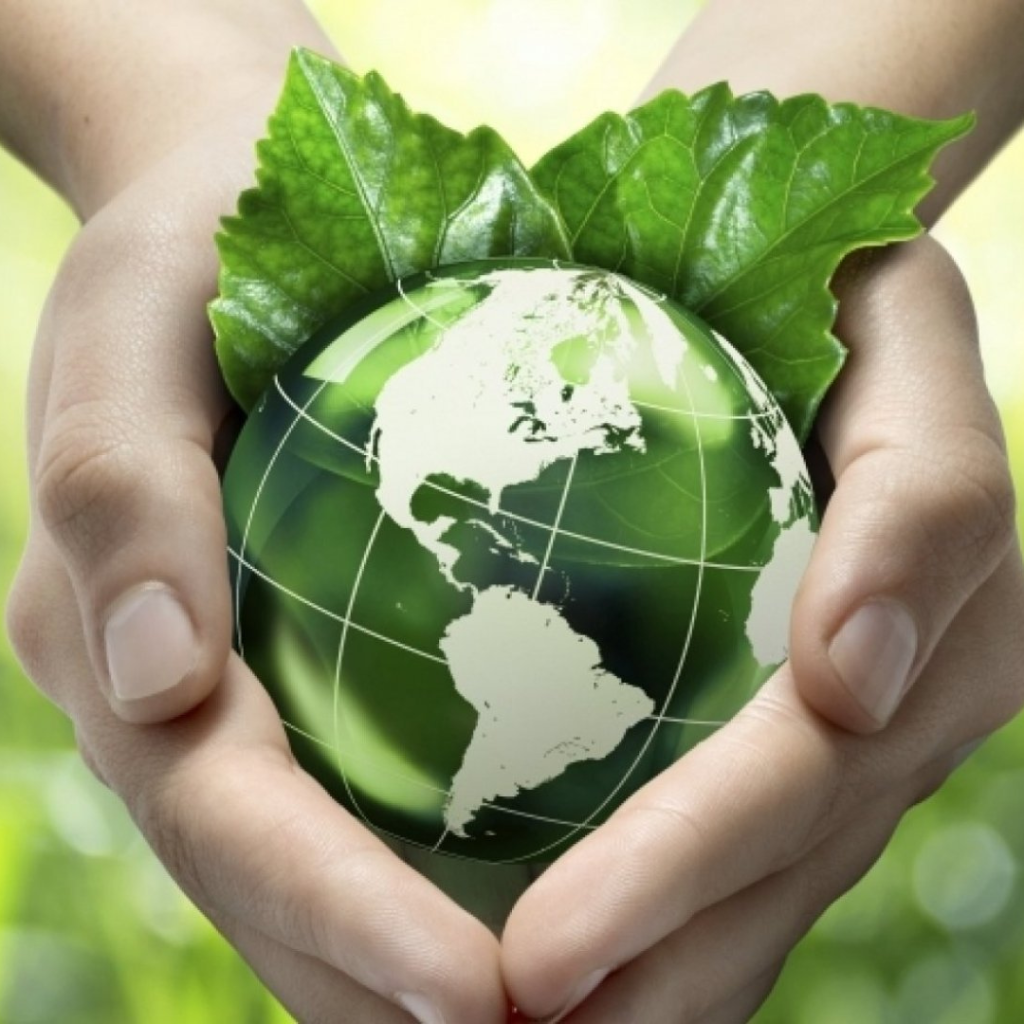
All change starts within, this is a spiritual law that applies to all things in this universe. For macro-economic systems to change, corporations and institutions have to change first. For corporations and institutions to change, leadership has to change first. For leadership to change, leaders have to change first. So, what needs to really change is leaders. What do we mean by change? Leaders have to change their understanding, rise to a different level of intelligence. In spiritual terms, we call this process “awakening” and it involves raising our consciousness. Awakened leaders practice, embody, and become part of the Awakened Leadership this world needs to direct the world on a new path. Awakened leaders recognize on a deep soul level there’s a bigger picture than our individual well-being, that those entrusted with power, influence and resources have the responsibility to do and act what serves the whole beehive. This is a level of spiritual maturity which few leaders possess today, but we have plenty of great examples throughout history. Men like Marcus Aurelius, Mahatma Gandhi, Nelson Mandela, and Martin Luther King Jr. had these qualities and in the business world we have examples like Yvon Chouinard, the founder of Patagonia .
“Only on the fringes of an ecosystem, those outer rings, do evolution and adaptation occur at a furious pace; the inner center of the system is where the entrenched, non-adapting species die off, doomed to failure by maintaining the status quo. Businesses go through the same cycles.”
Yvon Chouinard –
Awakened leaders are always the architects of a new world, a better world, a more beautiful world for all. The common denominator among these men and women is that they don’t merely view the world from their mind which is governed solely by logic and reasoning. They are deeply connected to their heart and through the heart – which is another center of human intelligence – they have been able to access profound levels of courage, strength, intuitive knowing, wisdom, emotional intelligence, vision and empathy as the heart is governed by love and compassion.
Awakened leaders have bridged the gap between worldly success and spiritual realization. The know the “game man plays” and are typically exceedingly successful in a material sense. However, they have also mastered the “game spirit plays” which is a game with different rules and different objectives.
Whereas Regenerative Capitalism provides us with a roadmap to follow on how we can adopt the laws of nature to create a thriving economic ecosystem, humanity will not venture on this path unless we have leaders among us to guide us.
It’s my conviction that more and more Awakened Leaders will emerge, especially the younger generations hold a lot of promise as they seek to merge their personal values with their professional lives. But, for now, these younger generations are looking for the current leaders to show the way. My wish therefore is that this article awoke something within you and if it did, that you will heed the call to go within so you may become one of these architects of a new world.
Love & Truth,
Robert Althuis




